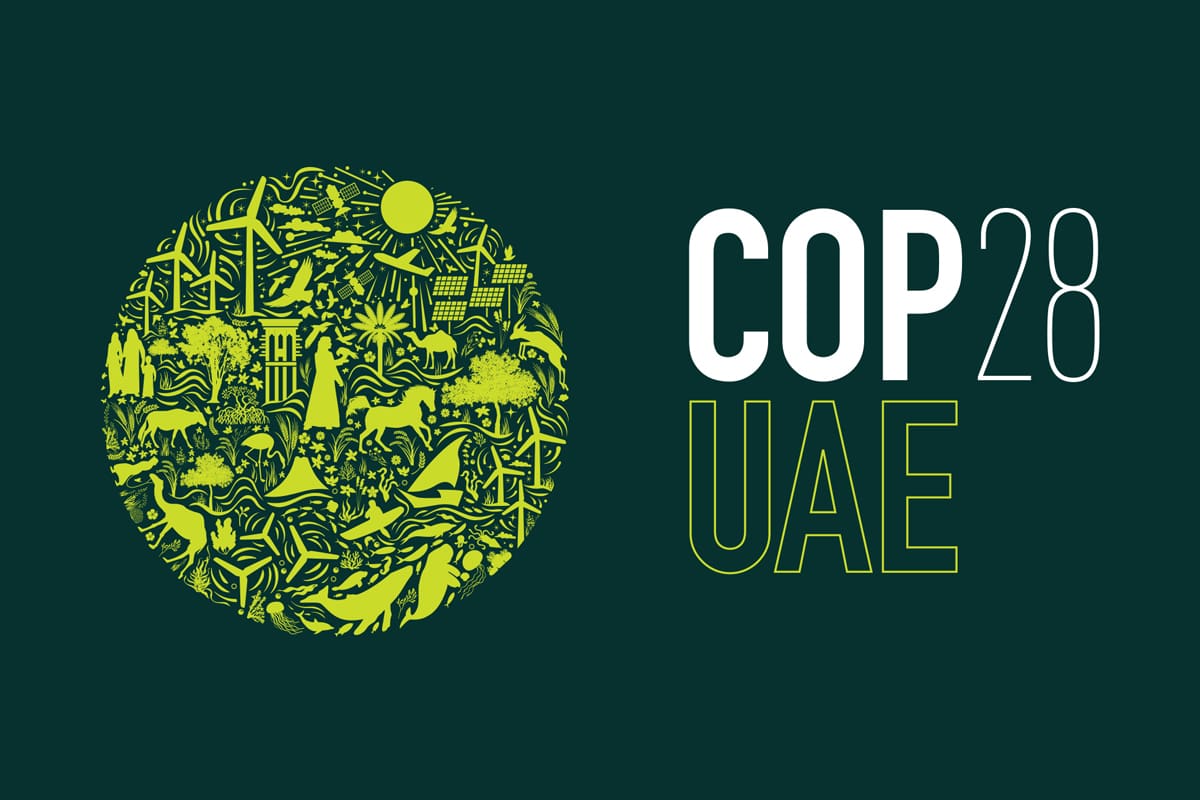SOME see the annual ‘Conference of Parties’ meeting as a crucial part of global climate policy setting, where important discussions that are crucial to the world’s bid to limit climate change are held.
Others have described it to Beef Central as a circus where the animals have been removed for welfare reasons and the clowns have taken over the show.
However you look at it, leaders from across the globe are currently gathered in Dubai with robust climate discussion said to be happening in a flurry announcements coming out daily. The conference is set to continue until next Wednesday.
Given the location, the fossil fuel industry has been top of the agenda – with the red meat industry not too far behind.
Beef Central has been sifting through the announcements and identified some key discussions in relation to the industry.
Significant Australian delegation on the ground
Many different representatives from the Australian agriculture industry have made the trip to Dubai to pursue their specific agendas.
Meat & Livestock Australia’s CN30 project manager Julia Waite is on the ground with Naomi Wilson from AA Co and Dr Stuart Denman from the CSIRO. MLA is holding a webinar next Friday to discuss some of its take homes from the meeting.
National Farmers’ Federation president David Jochinke and chief executive officer Tony Mahar have travelled over to join several different climate-related forums and visit some sheep yards to discuss Australia’s phase-out of live sheep exports.
Many from the sustainability side of the industry are also there – including Farmers for Climate Action, soil carbon aggregator AgriProve and feed additive company SeaForest.
Agirucltural investor Alasdair Macleod, from the MacDoch group, has travelled over with a delegation of his own.
Opponents of the meat industry also present
While many have travelled over to represent the meat industry, opponents of the meat industry have also been a loud presence.
Media reports suggest some discussions have been about wealthier countries reducing meat consumption.
The event has also offered a 1.5°C-aligned menu, which has a reduced amount of meat with some menus going completely plant-based.
JBS commits US$9m to the Amazon Region
Australia’s largest processor and lotfeeder JBS has been present in the discussion and early the event announced a US$9m commitment to improve traceability systems in the Amazon.
JBS and other company like McDonald’s have come under criticism in recent years for buying beef that has come as a result of “deforestation” in the Amazon.
According to its press release:
- JBS will invest $1m million to support individual traceability of cattle, providing direct economic assistance to small producers to help pay for ID tags at the farm level.
- The company has established four JBS Green Offices in Marabá, Redenção, Santana do Araguaia and Tucumã in Pará, which provide technical expertise, extension services animal traceability services to producers.
- JBS will invest $76,000 through its Farm Grade 10 Program, an initiative to improve management and productivity on livestock farms. Focused on small producers, the program offers training for high-performance management, with the goal to maximize performance of cattle farms in Pará without forest clearing.
- The JBS Fund for the Amazon, a private-public philanthropic fund established by JBS in 2020, will invest $7 million in two projects that will serve more than 5,000 families in the Legal Amazon, starting in Pará.
Dairy companies commit to cutting methane
Six of the world’s largest dairy companies, Danone, Nestle, General Mills, Lactalis USA, Kraft Heinz and Bel Group will start reporting next year on a commitment to reduce methane emissions.
No specific reduction target has been made for the Dairy Methane Action Alliance, however, there has been financial commitments to help producers reduce methane – through means like feed additives.




HAVE YOUR SAY